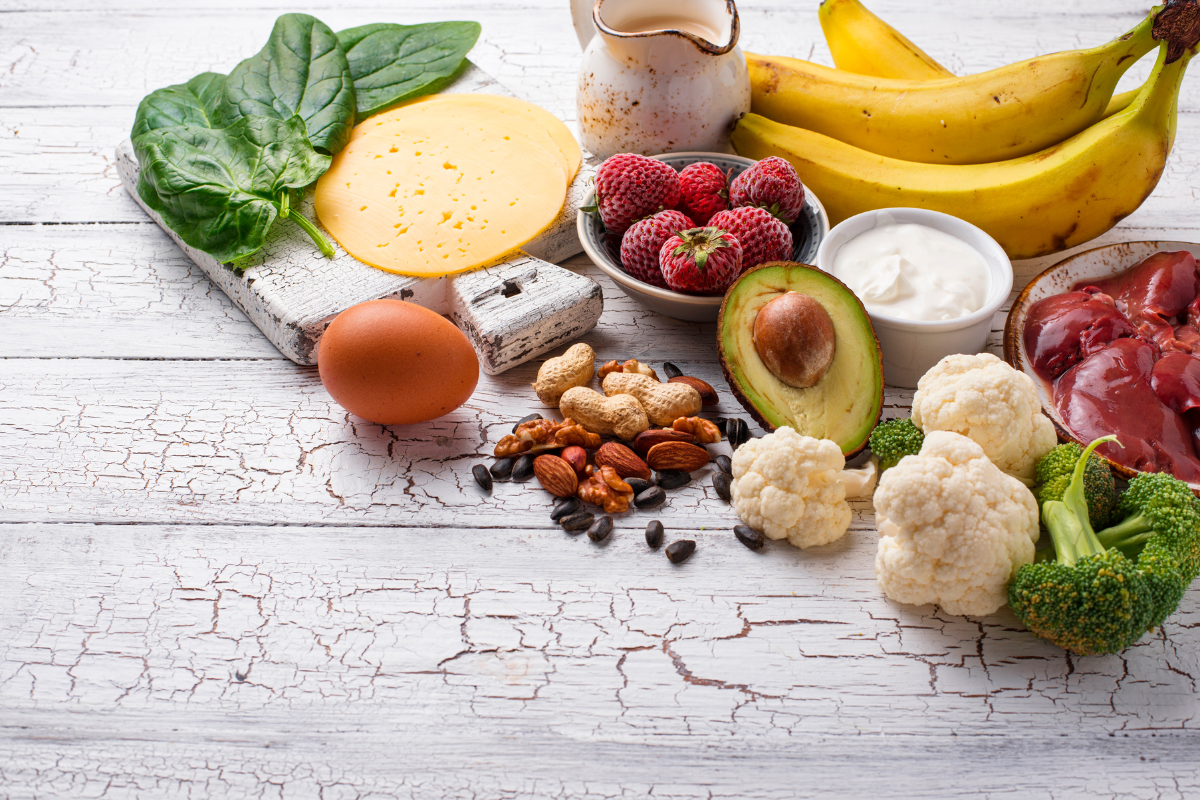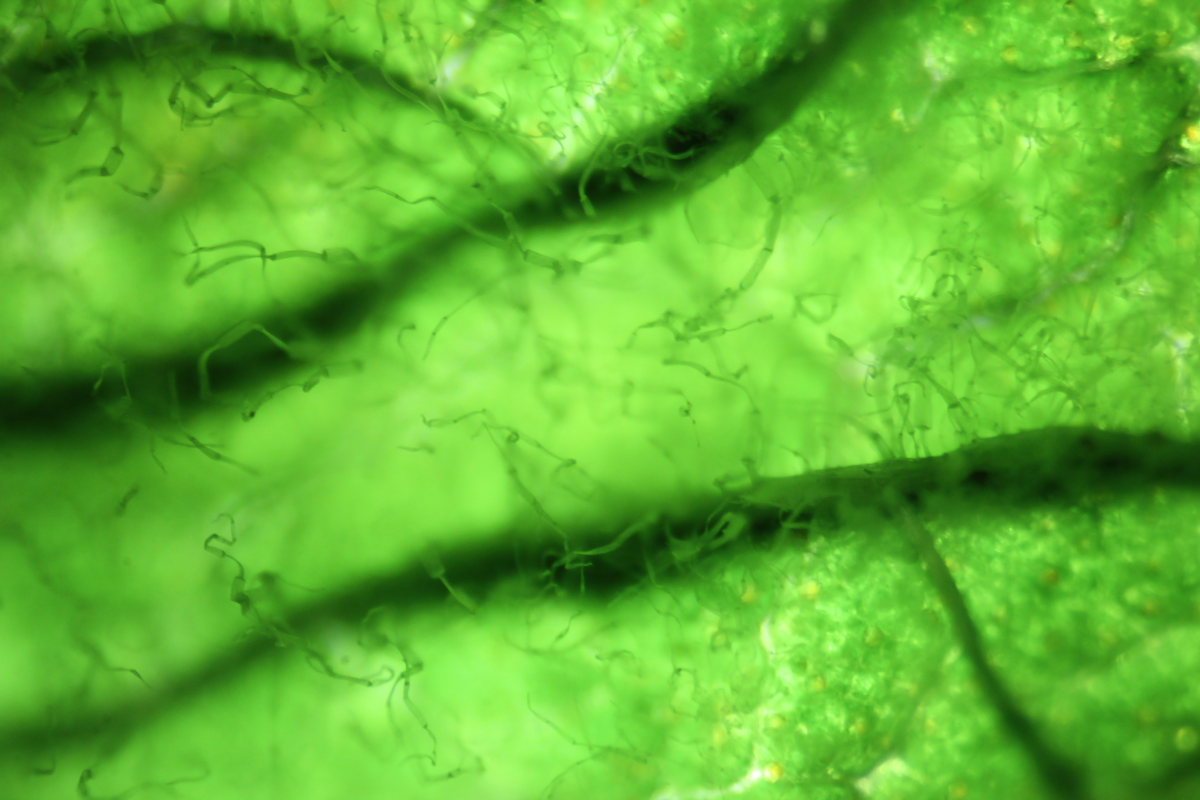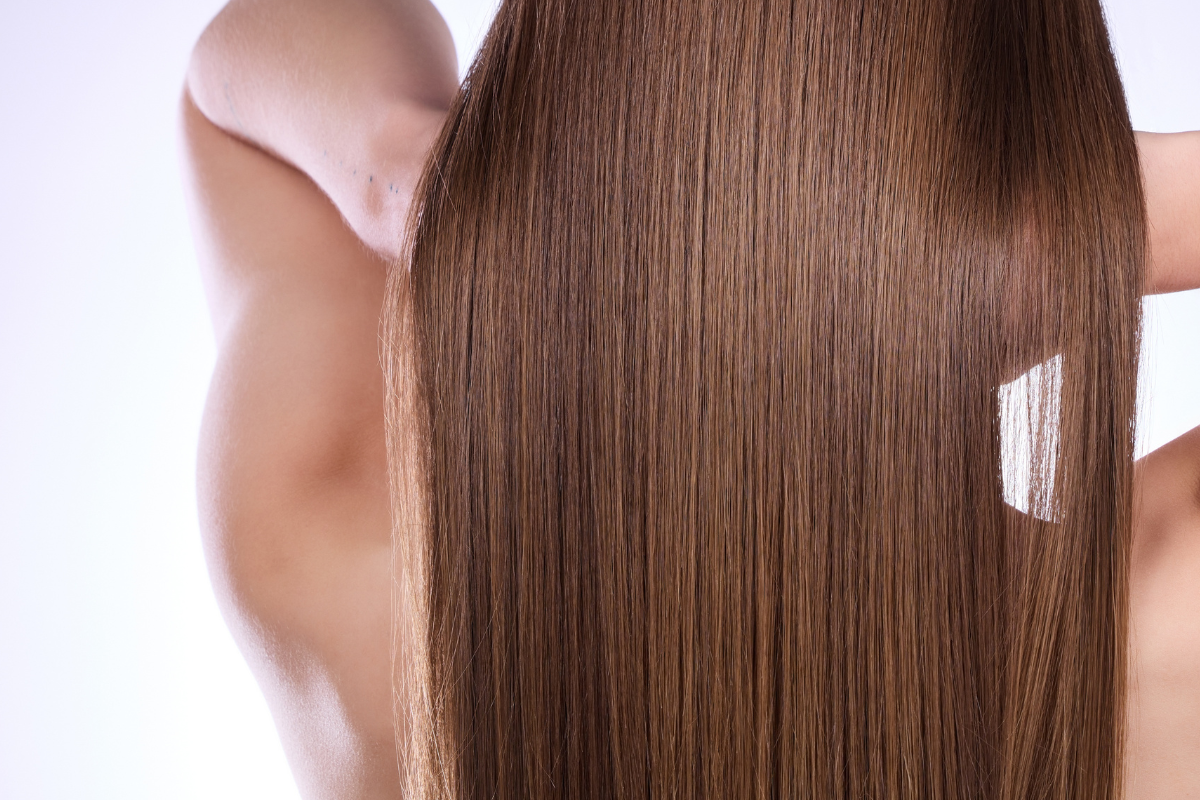D-Biotin (Vitamin B7)

VITAMIN B7 (BIOTIN)
What is biotin?
Biotin, or vitamin B7, is a water-soluble vitamin that is part of the vitamin B complex – a group of essential nutrients needed for healthy metabolic, nervous and digestive, and cardiovascular functions.
Are biotin supplements good for skin, hair and nails?
Vitamin B7 is needed for healthy skin, hair and nails, so when someone experiences a vitamin B7 deficiency, the symptoms can appear as thin and brittle hair, or as dry and irritated skin.
Biotin has been shown to help reduce hair loss in adults and improve protein synthesis and the 'infrastructure' of the protein keratin, which is a protein found in hair, skin and nails. The research also shows that a lack of other nutrients, such as zinc, selenium and iron, can also cause thinning hair.
Something important to note is that although biotin is included in many cosmetic face creams, hair wraps and other beauty products, it appears to be much more effective when ingested and works from the inside out, rather than applied topically and works from the outside in.
Does biotin work to increase hair growth?
Thinner hair is a symptom linked to biotin deficiency. Vitamin B7/Biotin often appears in the ingredients list of beauty products for hair and skin, although it is not absorbed very well through the skin. Some research suggests that you get the most of biotin's benefits if the vitamin is consumed through food or via dietary supplements.
Are dietary supplements with biotin and collagen good for hair, skin and nails?
Products containing biotin are a trend among consumers who want longer, healthier hair and nails. If you want to take a biotin supplement for this purpose or for other health improvements, you have several options, for example: dietary supplements with biotin and collagen supplement containing biotin.
Does biotin help hair grow?
There is some evidence to suggest that biotin may be helpful, although research focused on biotin for hair health and skin regeneration is limited and somewhat lacking. We know that biotin helps build proteins needed to maintain youthful hair and skin, including the protein keratin.
What benefits does biotin have for the body?
Biotin/vitamin B7 supports a healthy metabolism.
Biotin regulates gene expression that is critical for carrying out the functions of metabolism. Vitamin B7, along with other B vitamins, is needed to convert the food you eat into usable energy that supports a healthy metabolism. Vitamin B7 does this in several ways:
- Biotin converts glucose from carbohydrates and sugar sources into usable "fuel" which is the body's preferred source of energy.
- The vitamin helps the body use amino acids from proteins to perform several body functions.
- Biotin activates fatty acids from fatty foods such as oils or fat from animals.
- Without enough vitamin B7 in the body, symptoms such as a slow metabolism can manifest as low energy levels, fatigue, weight gain, digestive problems, possible development of diabetes, appetite changes, low mood and more.
- Only when the body can use nutrients from food for energy will normal, healthy metabolic activity take place. Vitamin B7 also improves metabolism and utilization of glucose, which provides some protection against insulin resistance, type 2 diabetes.
Can biotin balance blood sugar?
Vitamin B7/biotin, especially when combined with chromium, has been shown to help lower blood sugar in people with diabetes. Biotin benefits blood sugar levels by facilitating the activity of insulin, which is the crucial hormone required to return blood sugar to a balanced state. Better insulin response helps reduce large imbalances in blood sugar levels, which can lead to type 2 diabetes, weight gain and various forms of metabolic syndrome.
Biotin reduces the expression of enzymes that stimulate glucose production in the liver, therefore less sugar is released into the bloodstream. For this reason, vitamin B7 deficiency has been linked to impaired glucose tolerance and reduced utilization of glucose, which are risk factors for diabetes. Vitamin B7 can also help reduce the symptoms of existing cases of diabetes, including nerve pain.
Is biotin important for muscles?
Biotin's benefits include aiding the growth and maintenance of body tissues, including helping to repair and build muscle. When tissue or muscle breaks down, vitamin B7 helps rebuild the strength of muscle and tissue leading to growth.
B vitamins also help reduce inflammation that can lead to muscle or joint pain, pain or movement problems.
What can cause biotin deficiency?
- Pregnancy
- Long-term use of certain medications, eg long-term intake of antibiotics
- A high alcohol intake
- A high consumption of raw egg whites
- Smoking
- Problems with the absorption of nutrients in the intestines, or serious digestive disorders such as Crohn's disease, celiac disease or leaky gut syndrome.
What symptoms can you get if you lack biotin?
Red skin rash - especially on the face, dry or scaly skin, dry eyes, thinning hair and hair loss, tiredness, insomnia or difficulty sleeping, loss of appetite, nausea, depression, a feeling of burning or tingling in the hands and feet, muscle pain, changes in bowels (frequent abdominal pain), cracks in the corners of the mouth, cramps, scaly rashes around the eyes, nose and mouth, and brittle nails.
Vitamin B7, or more precisely biotin , is important for the body's metabolism of fatty acids, amino acids and glucose. D-biotin is the naturally occurring, biologically active form of the B vitamin biotin.
Approved Health Claims for Biotin:
-
Biotin helps maintain normal skin
-
Biotin contributes to maintaining normal mucous membranes
-
Biotin helps maintain normal hair
-
Biotin contributes to normal psychological function
-
Biotin contributes to normal metabolism of macronutrients
-
Biotin contributes to the normal functioning of the nervous system
-
Biotin contributes to normal energy metabolism





